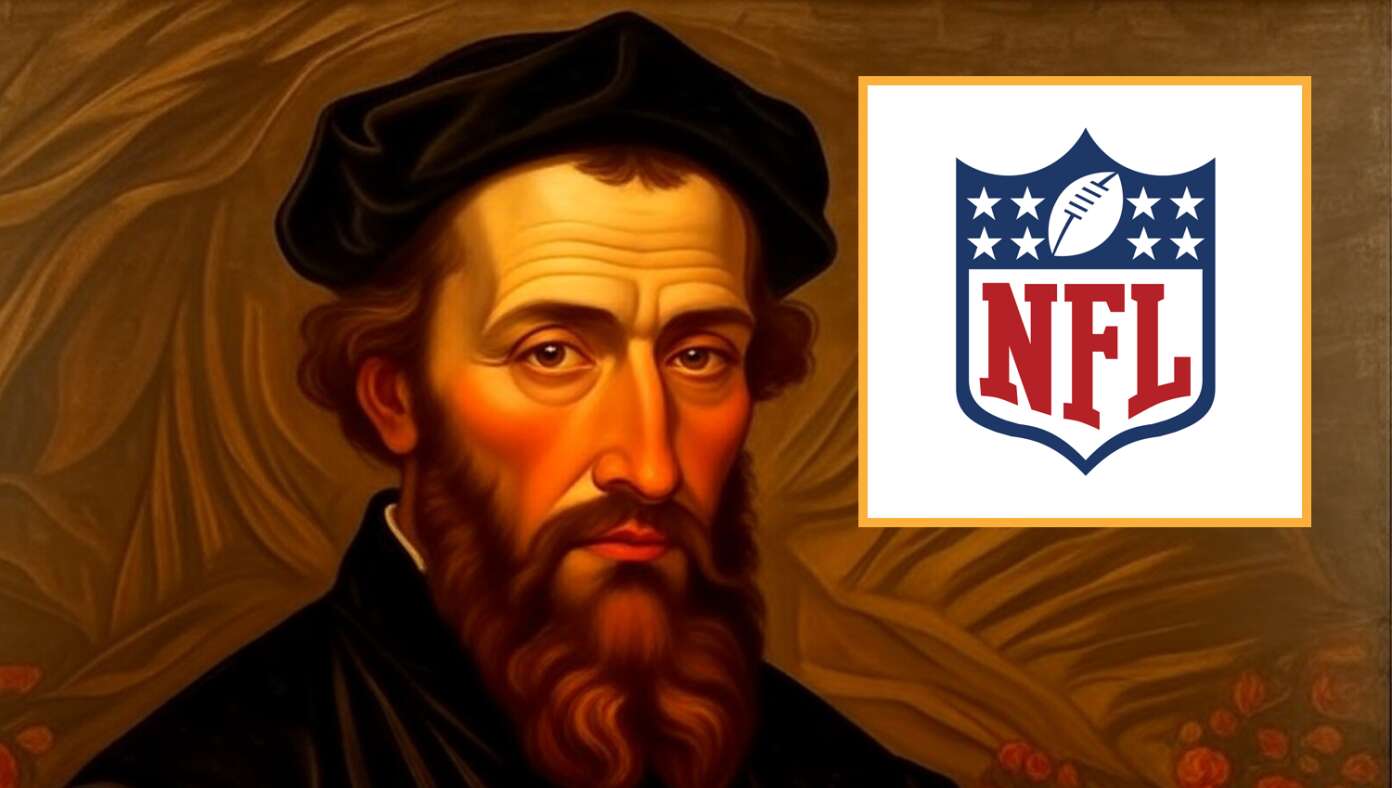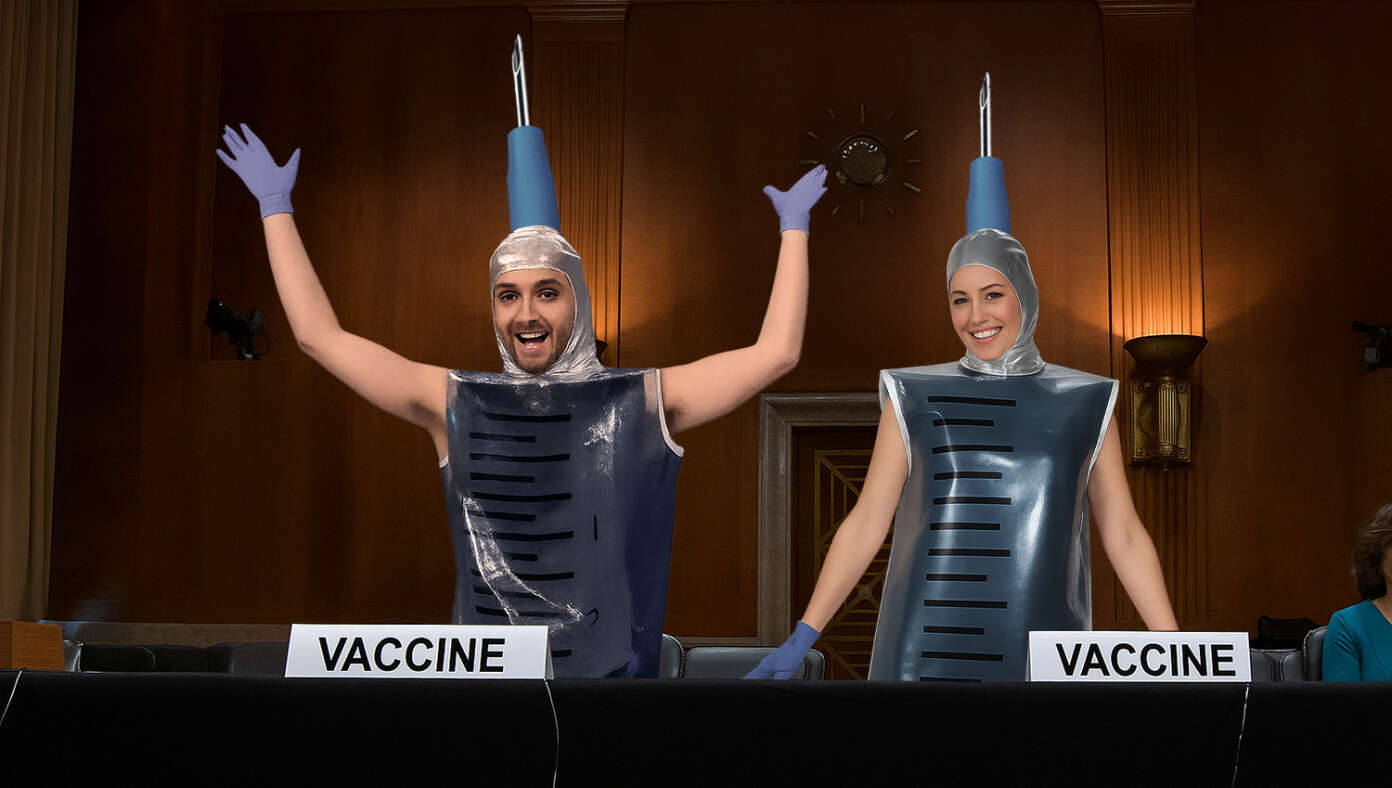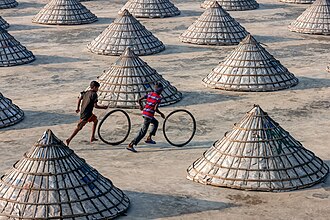

Orion Mission Evaluation Room (MER) team member works during an Artemis II mission simulation on Aug. 19, 2025, from the new Orion MER inside the Mission Control Center at NASA’s Johnson Space Center in Houston.
Read More

Orion Mission Evaluation Room (MER) team member works during an Artemis II mission simulation on Aug. 19, 2025, from the new Orion MER inside the Mission Control Center at NASA’s Johnson Space Center in Houston.
Read More
U.S. — In anticipation of what promised to be a highly competitive pro football season, Calvinist sports analysts at The Babylon Bee predicted that each NFL team would win the games they were predestined to win by the Creator.
Read More
WASHINGTON, D.C. — Interest in the Senate Finance Committee’s questioning of the Health and Human Services Secretary reached a new high today, as Stephen Colbert’s dancing vaccines were called to testify at Robert F. Kennedy Jr.’s hearing.
Read More
| Picture of the day |
|---|

|
|
Children play with bicycle tires among large conical piles of rice at a processing mill in Brahmanbaria, Bangladesh
|